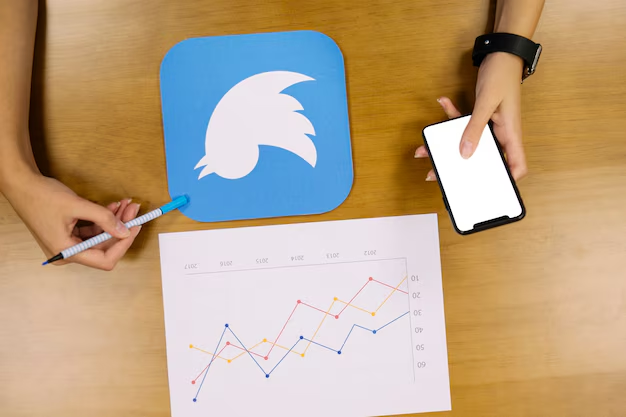In today’s digital age, social media has revolutionized the way businesses operate, especially small businesses. With billions of users active on platforms like Facebook, Instagram, Twitter, and LinkedIn, social media has become a powerful tool for driving business growth. For small businesses, it provides an affordable and effective way to reach potential customers, build relationships, and expand their market presence.
Enhanced Brand Visibility
Social media enables small businesses to increase their visibility. By consistently posting engaging content, businesses can attract new customers and maintain a loyal customer base. Platforms like Instagram and TikTok allow brands to showcase their products or services visually, while LinkedIn is ideal for building professional networks.
Cost-Effective Marketing
Traditional marketing methods like TV ads and billboards often require hefty budgets, which can be challenging for small businesses. Social media marketing offers a cost-effective alternative. Paid advertisements on platforms like Facebook and Instagram can be targeted to specific demographics, ensuring that businesses reach the right audience without overspending.
Customer Engagement and Feedback
Social media bridges the gap between businesses and their customers. It allows small businesses to interact directly with their audience, respond to inquiries, and address concerns in real time. This engagement builds trust and enhances customer loyalty. Moreover, reviews and feedback on social media help businesses improve their products and services.
Boosting Website Traffic

Social media platforms are excellent tools for driving traffic to a business website. By sharing links to blogs, product pages, or promotions, small businesses can direct followers to their websites, increasing the chances of conversions.
Insights and Analytics
Social media platforms offer detailed analytics, allowing businesses to measure the success of their campaigns. Insights such as post reach, engagement rates, and audience demographics help small businesses refine their strategies for better results.
Challenges and Competition
While social media offers numerous benefits, it also presents challenges. The competition is fierce, and standing out requires creativity and consistent effort. Small businesses must also be wary of negative reviews or online controversies that can damage their reputation.
Conclusion
Social media is an indispensable tool for small business growth. It levels the playing field, allowing small enterprises to compete with larger corporations. By leveraging the power of social media, small businesses can enhance their visibility, build customer relationships, and achieve sustainable growth. However, to maximize its potential, businesses must remain adaptable, creative, and customer-focused.
FAQs
Q. How can social media benefit small businesses?
Social media helps small businesses increase brand visibility, engage with customers, and drive website traffic. It also provides cost-effective marketing and valuable insights for better decision-making.
Q. What is the best platform for small businesses?
The choice of platform depends on the target audience. Instagram and Facebook are great for visual content, while LinkedIn suits professional networking and B2B businesses.
Q. How often should small businesses post on social media?
Consistency is key. Posting 3-5 times a week on platforms like Instagram or Facebook can help maintain audience engagement.
Q. Can social media marketing replace traditional marketing?
While social media is powerful, a combination of both social and traditional marketing often yields the best results.
Q. What challenges do small businesses face on social media?
Challenges include stiff competition, the need for creative content, managing negative feedback, and staying updated with platform changes.
